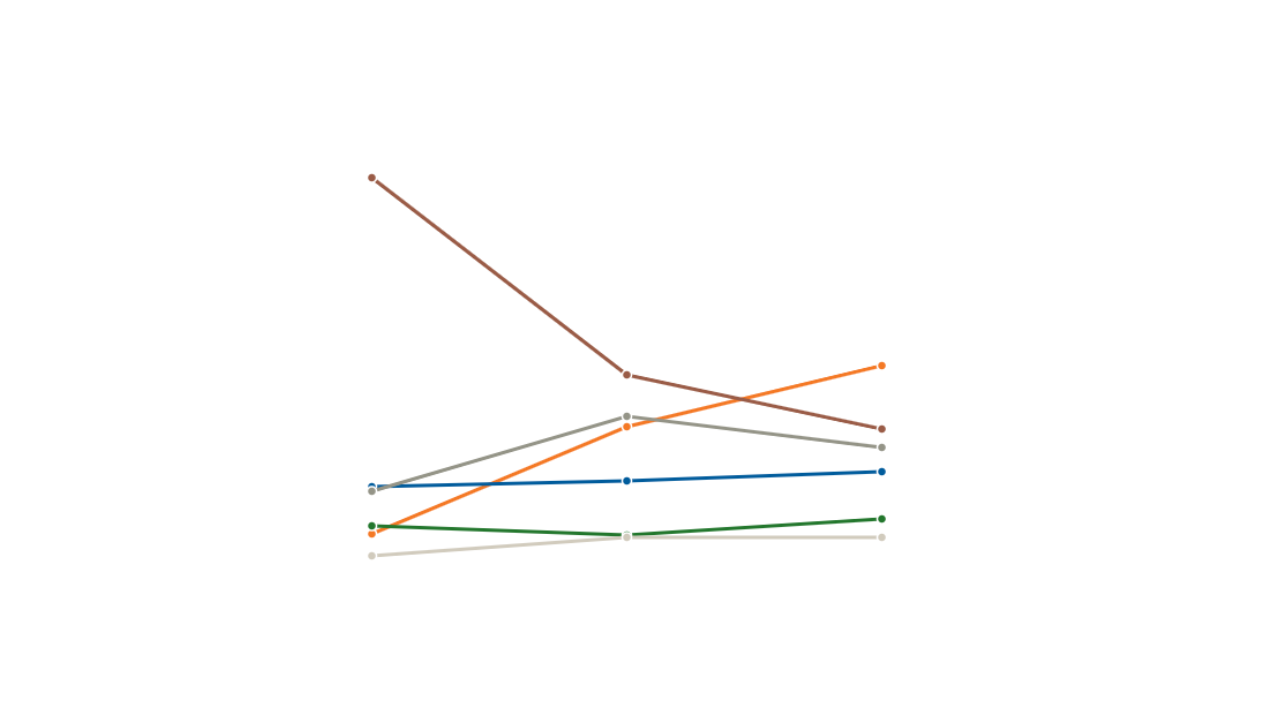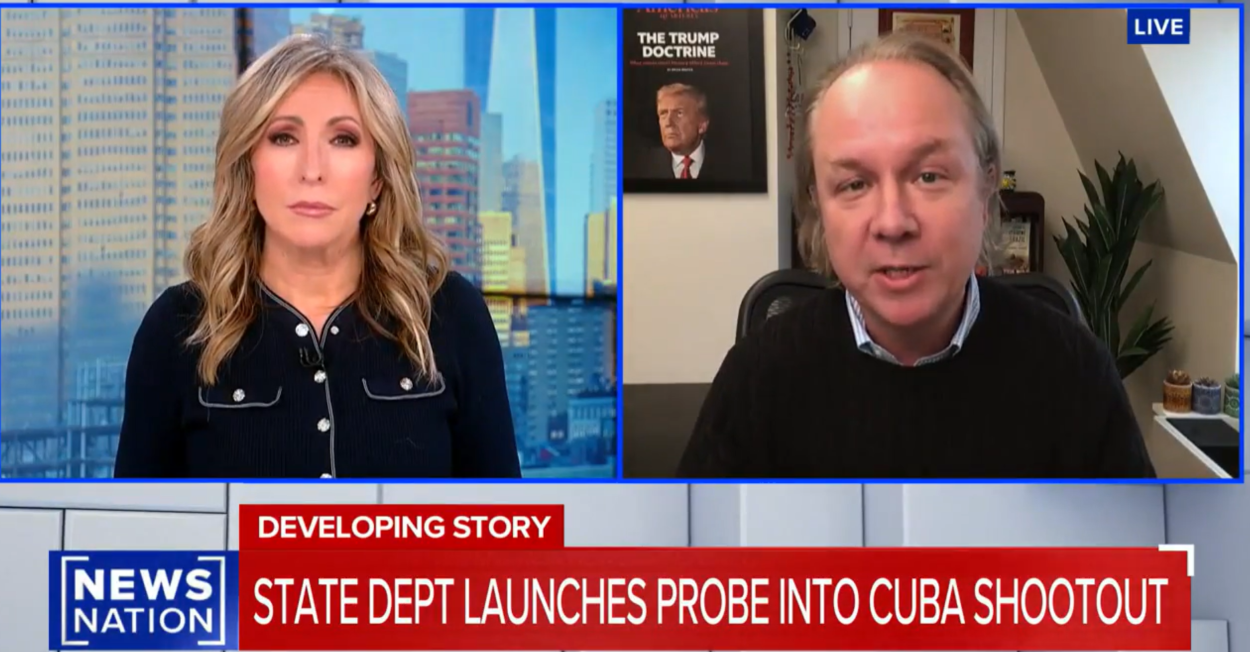U.S. Trade Representative Susan Schwab Warns of "Forces of Isolationism"
U.S. Trade Representative Susan Schwab Warns of "Forces of Isolationism"
“Trade agreements are not gifts of the United States [to another country] but gifts that we give ourselves,” said U.S. Trade Representative Susan Schwab. In a period of economic uncertainty, trade is an important driver of re-energizing economic growth, she emphasized at the 2008 Washington Conference on the Americas.
“Free and fair trade is in our national interest.”
Speaking in the State Department’s Benjamin Franklin Diplomatic Reception Room, Ambassador Schwab emphasized that “trade agreements are not gifts of the United States [to another country] but gifts that we give ourselves.”
With over 200 Council of the Americas members and guests in attendance, the U.S. trade representative called on business to write and speak out in favor of moving the trade agenda forward. Business and others that recognize the economic importance of trade cannot “leave the field to isolationists.” One lesson from the North American Free Trade Agreement (NAFTA) deliberations is that “if you don’t fight against naysayers, the conventional wisdom turns against you.” As a result, whereas a pro-free trade stance was previously seen as the default vote in Congress, the opposite is true today.
In a period of economic uncertainty, trade is an important driver of re-energizing economic growth. In fact, exports accounted for over 40 percent of U.S. GDP growth in the last year, and U.S. exports to FTA partners have grown substantially faster than those to non-FTA countries. Ambassador Schwab noted that “one would be hard pressed to find somebody who can make the case that closing the U.S. economy will create a single job.”
The three remaining bilateral FTAs—Colombia, Panama, and South Korea—will continue to be covered by Trade Promotion Authority (TPA) congressional debate rules even if the agreements are not considered by the current Congress. In the case of Colombia, the mandatory time requirement for agreement consideration is suspended until House of Representatives Speaker Nancy Pelosi “turns it back on.” Schwab noted that this congressional inaction comes despite a bipartisan compromise on labor and environmental provisions nearly one year ago. Since compromise language was inserted into the then four pending trade deals (Peru had yet to be ratified), a strong bipartisan vote for the Peru FTA should translate into a vote for Colombia.
Beyond the hemisphere, Ambassador Schwab devotes considerable attention to Doha Round negotiations. At this time, nobody can predict when Doha will conclude, but the administration’s objective is to see it happen before the president leaves office. After years of negotiations, inertia and advanced developing countries’ levels of trade liberalization remain the two major challenges.
Prior to her appointment to the Office of the U.S. Trade Representative, Schwab held the position of president and CEO of the University System of Maryland Foundation and USM Vice Chancellor for Advancement. Before that, she was dean of the University of Maryland School of Public Policy. She also served as assistant secretary of commerce and director general of the U.S. & Foreign Commercial Service during the administration of President George H.W. Bush. A former trade policy officer in the U.S. Embassy in Tokyo, Schwab has published several articles as well as a book, Trade-Offs: Negotiating the Omnibus Trade Act.
For nearly four decades, the annual Washington Conference on the Americas has served as the top forum for government, industry, and policy leaders to engage in substantive analysis on timely themes affecting the Western Hemisphere.








